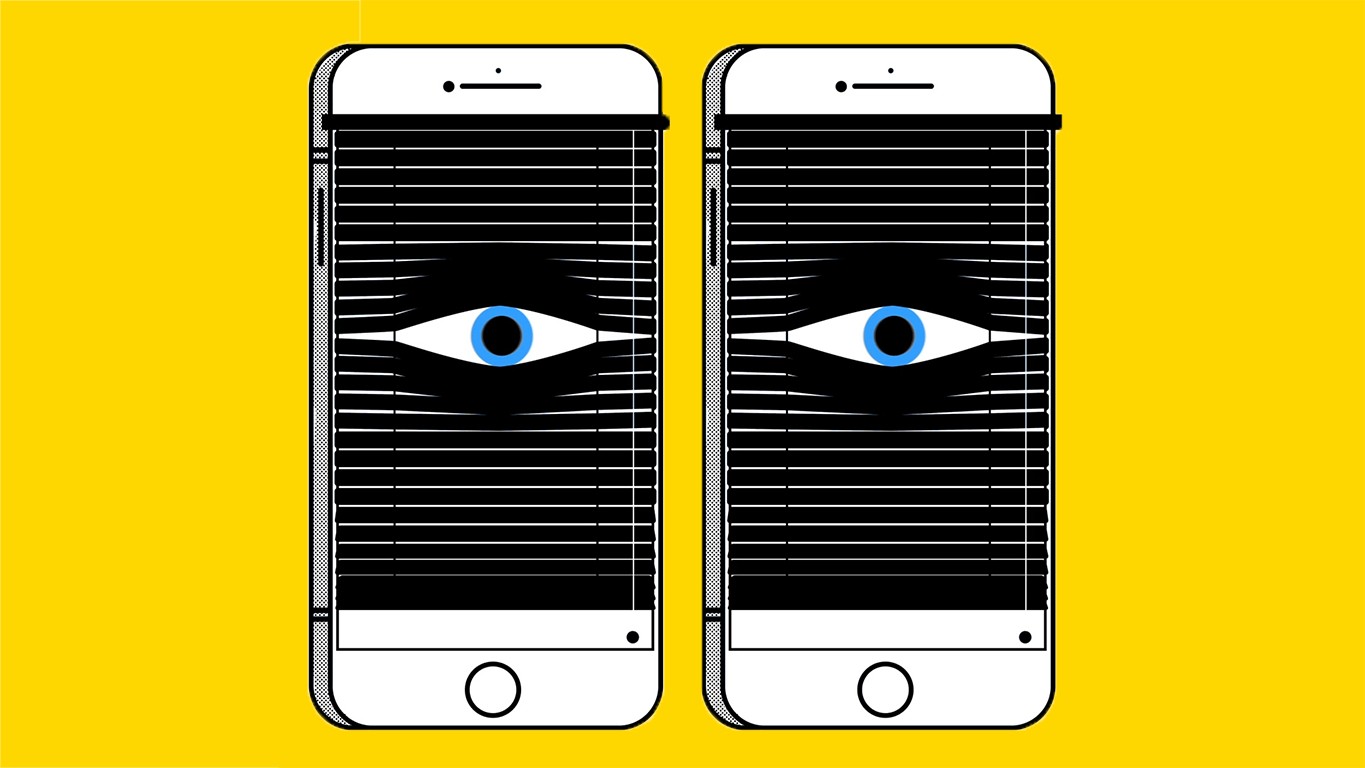Getty Images
The government of Papua New Guinea announced Monday that it wants to better understand how its citizens use Facebook— so it's completely banning the social network for a month.The decision has been strongly criticised by researchers and activists as “counterproductive” and cause “collateral damage” to the communities who rely on Facebook as their only means of communicating online.Communication Minister Sam Basil announced the ban, claiming it “will allow information to be collected to identify users that hide behind fake accounts, users that upload pornographic images, users that post false and misleading information on Facebook to be filtered and removed.”“This will allow genuine people with real identities to use the social network responsibly,” he told Papua New Guinea Today.Basil’s assessment has left many understandably baffled. “The decision of the Papua New Guinea government is totally disproportionate and counterproductive,” Julie Owono, executive director of Internet Without Borders, told VICE News.It is unclear how the government plans on assessing Facebook while the platform is blocked in the country or whether it has been in contact with the Silicon Valley giant prior to making this announcement."It is an action that creates an awful lot of collateral damage and doesn't necessarily help to identify fake accounts or do the research that is apparently the objective of doing this,” Emily Taylor, associate fellow the International Security Department of U.K.-based think tank Chatham House, told VICE News.Basil cited the country’s Cyber Crime Act, legislated in 2016, as one of the reasons for putting the block in place.The law criminalized a large number of online activities including hacking, cyber-bullying and child grooming but it also made false adverts, online defamation and the publication of pornography illegal.The government is even suggesting replacing Facebook entirely with its own social network.“We can also look at the possibility of creating a new social network site for PNG citizens to use with genuine profiles as well,” Basil said.“If there need be then we can gather our local applications developers to create a site that is more conducive for Papua New Guineans to communicate within the country and abroad as well,” he added.No date has been set for the Facebook ban to be implemented, and the social network did not immediately respond to a request for comment on the move.According to Internet World Stats, just 11.4 percent of Papua New Guinea’s population of 8 million has access to the internet. According to 2016 figures, there were 380,000 people using Facebook in the country.Based on these figures, the ban won’t have an impact on the vast majority of the country but it does point to a wider global trend of governments across the world looking to regulate or legislate Facebook in some manner.Activists believe it is up to Facebook to do more to help governments understand the impact the social network is having on its citizens.READ: Facebook has a solution to revenge porn: send them your nudes“Facebook must do more to provide answers to the governments of the South, where the social network can have the effect of separating individuals instead of bringing them closer,” Owono said. “These states should approach the social network not only to obtain private information about users and monitor them, but to find solutions to polarizing content with civil society and the social network.”But the problem is that Facebook simply doesn’t share this type of information with anyone.“The key problem at the moment for researchers, regulators, and journalists is that so much information about what is really going on is private, there isn't enough information out there transparently about what is going on on these platforms,” Taylor said. Cover image: A mobile phone user shows an image on Twitter showing that the Facebook site had been blocked in Colombo on March 7, 2018. (ISHARA S. KODIKARA/AFP/Getty Images)
Cover image: A mobile phone user shows an image on Twitter showing that the Facebook site had been blocked in Colombo on March 7, 2018. (ISHARA S. KODIKARA/AFP/Getty Images)
Advertisement
Advertisement

